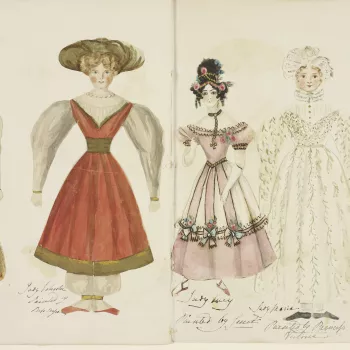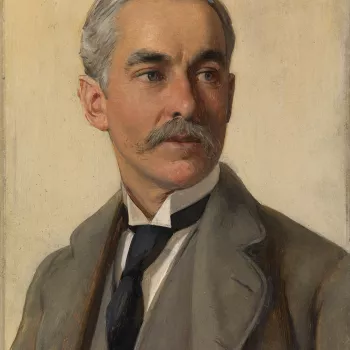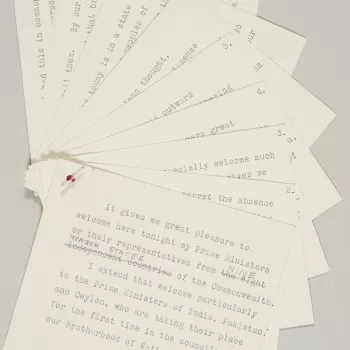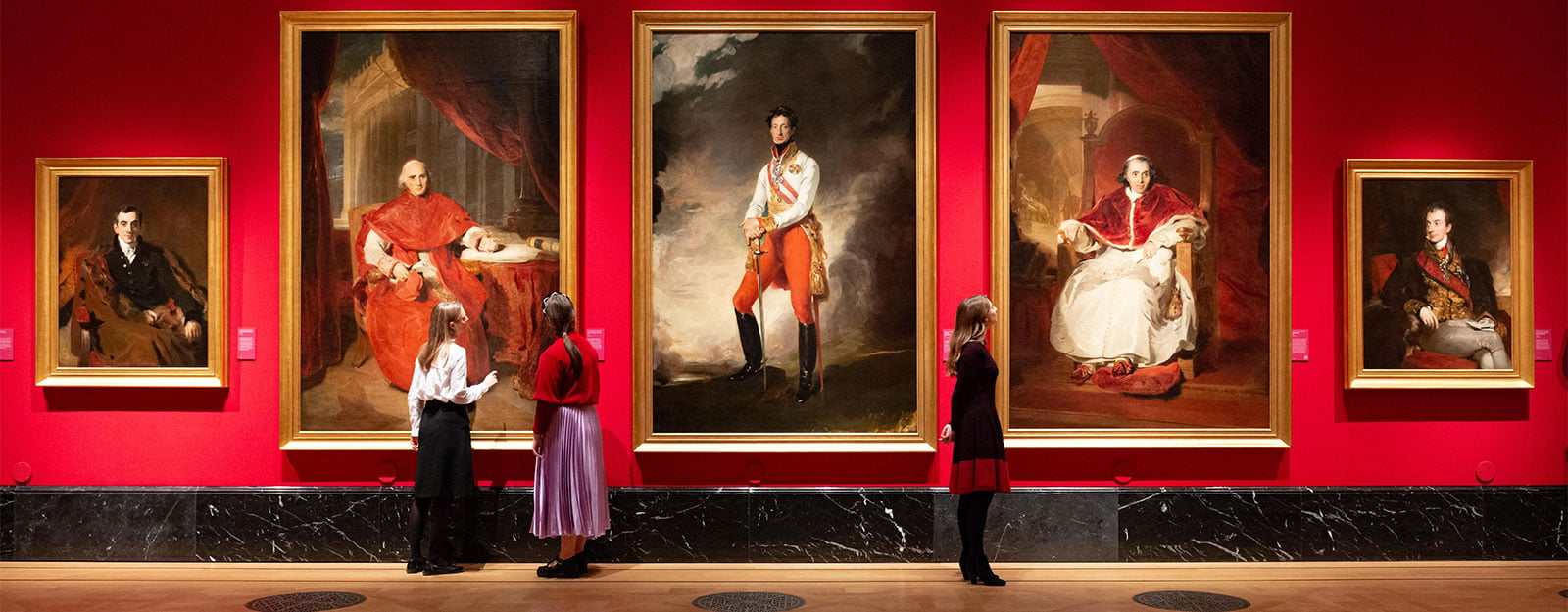
Learn more about the Royal Collection, one of the most important art collections in the world.
The Royal Archives
The archival collection reflects the changing world and the monarchy’s relationship to it, and contains, among its significant collection, the papers of the last Stuarts in exile, George III, George IV, and those of later monarchs and members of the Royal Family, including the correspondence and journals of Queen Victoria.
Access to the Royal Archives
For information about access to the Royal Archives, please visit this page.
If you have an enquiry or research request, please contact the Royal Archives using the email contact form or by writing to The Royal Archives, Windsor Castle, Windsor, Berkshire SL4 1NJ.
Online Resources
Household staff lists
The Royal Archives has made Royal Household staff lists from the seventeenth century to 1924 available on the genealogical website Find my Past.
Queen Victoria’s Journals
In 2012, the Royal Archives, in association with the Bodleian Library and Proquest, made the journals of Queen Victoria available online. This service is freely available in the United Kingdom, and provides an excellent insight into the life and thoughts of the Queen during a period of tremendous change.
Stuart Papers
This collection contains documents related to the exiled Stuarts, namely King James II (VII) and his family, including his son James Francis Edward Stuart and his grandsons Charles Edward Stuart and Henry Benedict Stuart (Cardinal Duke of York). These papers provide an insight into exiled court life, although they do not represent the complete workings of the Jacobite Court in exile. In 2018, the Royal Archives, in association with Gale, a Cengage Company, made the Stuart Papers available online as part of State Papers Online (institutional subscription required, or available to view at The National Archives and The National Library of Scotland).
Cumberland Papers
This collection predominantly contains documents concerning the military career of William Augustus, Duke of Cumberland. In March 1745, he had been appointed Captain-General of His Majesty’s Land Forces by his father King George II. The papers also include material relating to the Duke's tenure as Ranger of Windsor Great Park and his home at Cumberland Lodge. In 2018, the Royal Archives in association with Gale, a Cengage Company, made the Cumberland Papers available online as part of State Papers Online (institutional subscription required, or available to view at The National Archives and The National Library of Scotland).
Georgian Papers
Georgian Papers Online is the catalogue developed as part of the Georgian Papers Programme, a collaborative project which has transformed access to the extensive collection of Georgian papers held in the Royal Archives and Royal Library at Windsor.
Through Georgian Papers Online, the Royal Archives is making available online, historic manuscripts, both official and private, relating to the Georgian monarchy held in the Royal Archives and Royal Library. Most of these papers relate to George III and to a lesser extent, George IV, although papers from the reigns of George I, George II and William IV are also included, as are those relating to other members of the Royal Family and Royal Household from the Georgian period.
Prince Albert: His Life and Legacy
Prince Albert had a profound influence on Victorian society that continues to be felt today. As Consort of Queen Victoria, his roles in national life included unofficial Private Secretary, a mentor to some of the greatest national projects of his day, and collector and patron of the arts. His contributions fundamentally shaped the history of the United Kingdom and its relationship to the world.
The Prince Albert website makes available some 22,000 items from the Royal Collection, Royal Archives and Royal Commission for the Exhibition of 1851. This wide-ranging material can be explored together online for the first time, illuminating our understanding of Albert’s life and legacy. Contributions from the Royal Archives includes personal, official, family and financial correspondence and records.
Access via other libraries and archives
Royal Archives material has also been made available via microfilm at the British Library, The National Archives, and some associated university and academic libraries. This includes the Stuart Papers, the Cumberland Papers, the Melbourne Papers, the Cambridge Papers, Victorian Papers regarding changes of government and European Foreign Affairs, and Cabinet reports, 1837–1916. Researchers are advised to consult either the British Library or The National Archives, as appropriate, for access to these papers listed above.
Published material
In 2014, the Royal Archives produced a book, Treasures from the Royal Archives, in commemoration of its centenary. In addition to this book, there are many published editions of correspondence held by the Royal Archives, some principal examples include:
- The letters of Queen Victoria, which were published in nine volumes between 1908 and 1932 (edited by G.E. Buckle)
- The correspondence of George III and George IV (edited by A. Aspinall and J. Fortescue)
The Royal Archives consists of several distinct groups of material. Read on below to find out more:


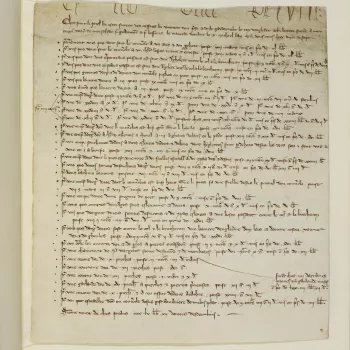
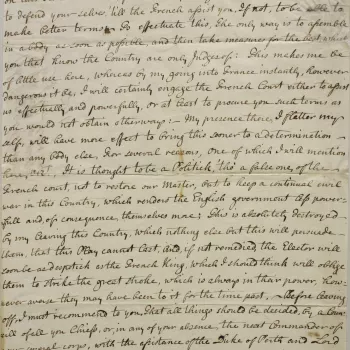
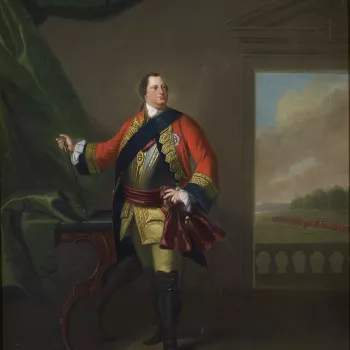
![Memorandum by George III on the forthcoming transit of Venus, [1769] (RA GEO/ MAIN/895)](https://cmsadmin.rct.uk/sites/default/files/styles/rctr_scale_crop_350_350/public/Transit%20of%20Venus.jpg.webp?itok=4RGZutcJ)
